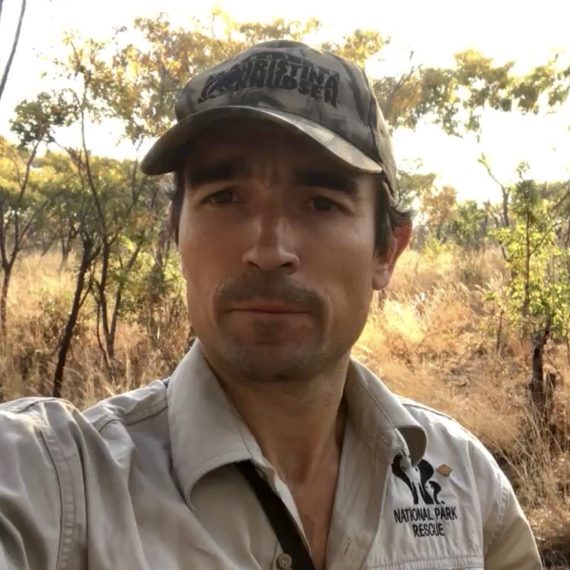It has been shown by the UN that women invest ~50% more of their salary back into their families than men. If you are serious about investing in local communities and alleviating poverty, hire women.
In late January, Mark Hiley and Niall McCann of National Park Rescue ran a selection day for the first all-female team of community scouts to work in a national park.
We invited applicants from all the communities surrounding Chizarira, with a focus on attracting single mothers, whose life prospects would otherwise be limited by their circumstances.
The selection day was held at a local primary school, and dozens of children watched as the applicants were challenged to complete a range of physical and cognitive tasks. At the end of the day, five women were selected. The unsuccessful applicants were recompensed for their time, and encouraged to apply again in the future.
The five successful women, who come from from five different communities that border the park, then underwent an intensive training course at the National Park Rescue headquarters in Chizarira before their first deployment.
The results from their first few deployments have been incredible and their performance has lifted that of their male counterparts. We are honoured that these ladies have chosen to work for us and protect their natural heritage, and we are grateful to ZimParks for their help in selection and training.
For many people counter-poaching is only about saving wildlife, but for us it’s more than that: it’s about supporting sustainable development, putting children through school, growing local economies, building climate resilience, promoting regional security and, of course, saving wildlife, because all of these things are interlinked.
By hiring female community scouts, we are promoting equal employment opportunities in an industry typically dominated by men, boosting the proportion of our investment that directly benefits the communities, and demonstrating that women can and should play a central role in the protection of their natural heritage.









